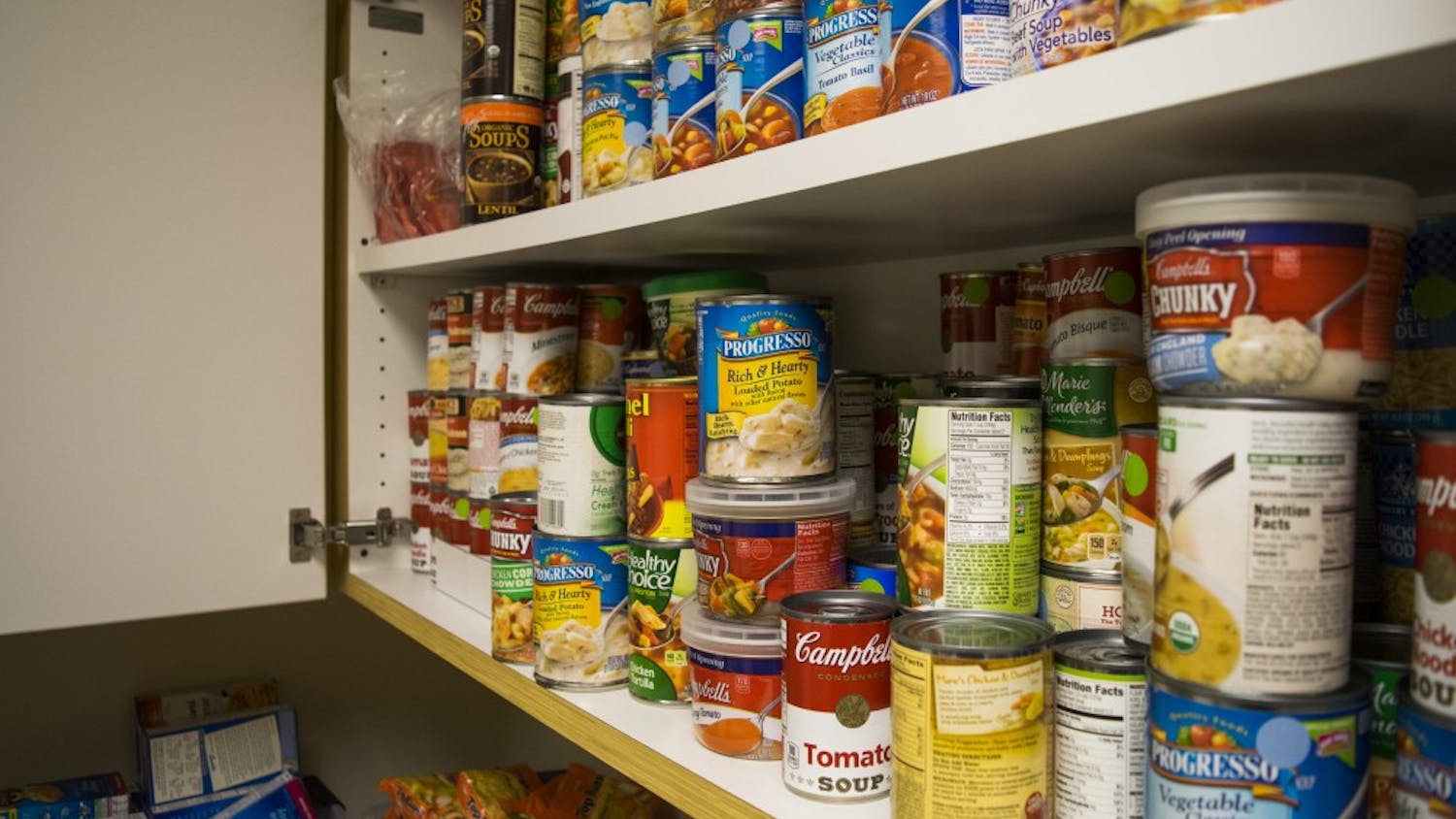As anyone with a credit card knows, it's very easy to swipe and forget about how much was spent until the bill comes. But maxing out or frequently making late payments can hurt not only your wallet but quite possibly your financial future.
In the next few years, or much sooner if you are graduating next month, you may need to apply for a loan, buy a car or get a new cell phone. To determine whether you are worth the risk, a lender will look at your credit history, which is boiled down to a number known as a FICO score. A score of 760 or above is good, while a score below 620 may force you to go crawling back to your parents for money.
What goes into your credit score? The five key elements—payment history, amounts owed, length of credit history, new credit and types of credit used—help lenders determine whether you are a good candidate for a loan. Each category is ranked in importance, and a better score in each will help you get approved to lease that first car or apartment.
Payment history is the most important part of your credit score, accounting for 35 percent. Any bankruptcies, late payments or not paying your full balances show up here. Next is amounts owed, which looks at any outstanding balances and how much of your credit line you use every month, given a weight of 30 percent.
Length of credit history comes in next at 15 percent, which for most college students will be relatively short. New credit, worth 10 percent, considers how many times you've recently applied for credit. Scoring high in this category makes you look desperate and, according to consumer science professor Michael Gutter, is like trying to ask 10 people to prom in the same week.\ Finally, types of credit used looks at whether your credit is in the form of mortgages, loans or credit cards, also worth 10 percent.
Luckily, you do not have to calculate this score yourself, but there are things you can do to impress the person who does. Gutter recommends getting a limited-use card, such as a gas station card, which will help you establish credit without the temptation to overspend. He also suggests having the bill sent to your parents, which may make you think twice before charging $50 worth of alcohol to your card.
""You'd be amazed at how much more responsible you are,"" he said. ""Those types of things can be really helpful [and are a] smart way to build credit.""
If you do have a credit card with a high spending limit, there are ways to control your impulse to charge everything. It may be easier said than done, but when you go to the mall or out to the bars, don't bring your card with you. If you see something you really want, you can always go back the next day after you've slept on it, Gutter said.
For those who have problems budgeting or questions about credit card debt, the Financial Occupations Club for University Students offers free peer counseling. Located in the Financial Aid office, 432 N. Murray St., FOCUS is comprised of personal finance students eager to offer expert advice. They probably also have great credit scores.
\





